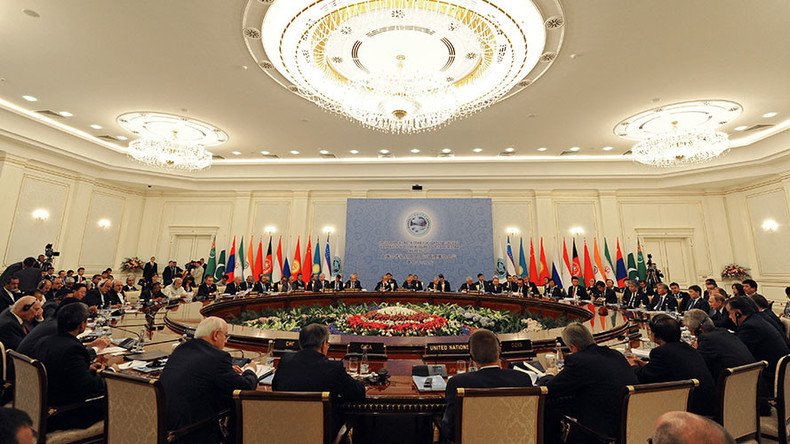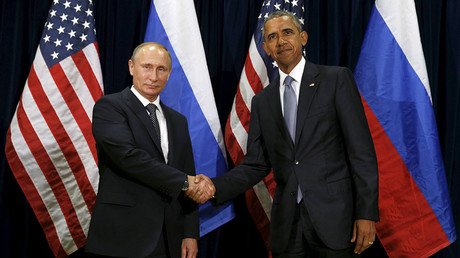‘Shanghai Cooperation Organization was never designed to compete with NATO’ – John Mearsheimer

For geographical reasons, there is no good reason why the SCO may be aimed at NATO, which is mainly concerned with Europe, renowned political scientist at the University of Chicago John Mearsheimer told RT.
In the run up to the NATO Summit being held in Warsaw on July 8-9, RT spoke to John Mearsheimer, a renowned political scientist at the University of Chicago, and asked whether there is competition between NATO and the SCO and why the US is ‘pivoting’ to Asia.
RT: Will the SCO ever be able to compete with NATO?
John Mearsheimer: I don’t think the SCO [Shanghai Cooperation Organization] was ever designed to compete with NATO. I think the SCO was largely designed to deal with some problems in Central Asia that concern both China and Russia and some of the local countries in that region. But I think largely for geographical reasons there is no good explanation why this might have been aimed at NATO, which is mainly concerned with Europe.
RT: In times of hybrid warfare on the borders of Russia, Ukraine, Georgia and Syria, is this a direct message to NATO and the SCO fighting against so called regime-change policies?
JM: I think if you think about fighting against terrorism and extremism and securing borders, which are what the SCO has really been all about, it is quite clear that that is not directed at NATO. What makes the SCO an especially interesting organization, and one of the reasons why it is never going to be very powerful, is that it is not directed at an external threat, it is not directed at the West, it is not directed at NATO. It is mainly concerned with dealing with problems in the region that concern the two principal members, those being China and Russia. China and Russia are deeply concerned about border security in Central Asia; they are deeply concerned about terrorism and extremism. But in no way, shape or form is NATO or the US a threat to Chinese interests or Russian interests in that area of the world.
RT: China has disputes in the South China Sea and through the American ‘Asia pivot’, is the SCO in China’s best interest to rebalance power and show strength?
JM: I think that there is no question the US is in the process of pivoting to Asia. The possibility of China becoming a peer competitor worries the US greatly. And the US is going to concentrate a lot of military power in East Asia to contain China. But East Asia is a lot different than Central Asia. Central Asia is on China’s western flank and the US is not going to try to contain China in any meaningful way in Central Asia. It is just geographically impossible. Where we are going to be focused is in East Asia. So, I don’t see what’s happening with the SCO as being related in any meaningful way to dealing with America’s pivot to East Asia. And I would note that the SCO was set up in the mid-1990s, well before the pivot to Asia was announced by the United States. Remember, Hillary Clinton announced the pivot in 2011 and all of the ingredients of the SCO were in place by 1996. The Chinese and the Russians – the two principal members of this organization – had little interest in dealing with an American threat or a Western threat or a NATO threat at that point in time.
The statements, views and opinions expressed in this column are solely those of the author and do not necessarily represent those of RT.













